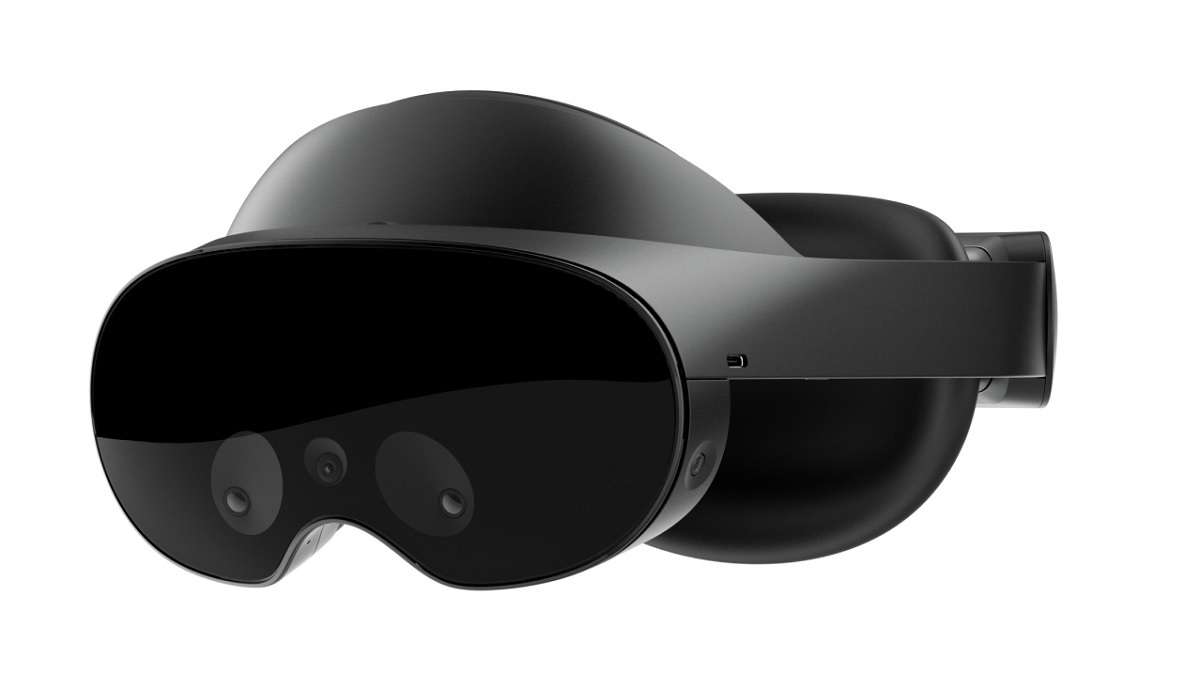Speculation grows around Meta's next-generation VR device as industry insiders suggest the Quest 4 will feature improved resolution, wireless capabilities, and breakthrough mixed reality features that could redefine virtual and augmented reality experiences.
Following the success of the Meta Quest 3 and Quest Pro, rumors are circulating about Meta's upcoming Quest 4 headset, which could represent the company's most ambitious VR project to date.
Display and Visual Improvements
The Quest 4 is rumored to feature significant display upgrades:
- 4K per eye resolution - Doubled from Quest 3's 2064x2208 per eye
- Micro-OLED displays - Superior contrast and color accuracy
- 120Hz refresh rate - Smoother motion and reduced motion sickness
- Variable refresh rate - Adaptive refresh for better battery life
- Wider field of view - Expanded from 110° to approximately 130°
Processing Power and Performance
Significant processing improvements are expected:
- Snapdragon XR3 Gen 2 - Next-generation VR-optimized processor
- 16GB RAM - Doubled from Quest 3's 8GB
- 1TB storage option - More space for high-resolution content
- Enhanced GPU - 3x graphics performance improvement
- AI processing unit - Dedicated chip for machine learning tasks
Mixed Reality Enhancements
The Quest 4 is expected to blur the line between VR and AR:
- Higher resolution passthrough - Near-retina quality mixed reality
- Color passthrough improvements - Natural color representation
- Depth sensing - More accurate spatial mapping
- Object occlusion - Virtual objects properly hidden behind real ones
- Real-time lighting - Virtual objects match real-world lighting
Tracking and Controllers
Advanced tracking technology is rumored to include:
- Inside-out tracking - Improved 6DOF tracking without external sensors
- Eye tracking - Foveated rendering for better performance
- Hand tracking 2.0 - More precise finger and gesture recognition
- Full body tracking - Leg and torso movement detection
- Haptic feedback - Enhanced touch controllers with better tactile response
Wireless and Connectivity
The Quest 4 is expected to feature advanced connectivity options:
- Wi-Fi 7 support - Ultra-low latency wireless streaming
- 5G capability - Direct cellular connectivity for standalone use
- Improved Air Link - Better PC VR streaming quality
- Multi-device sync - Seamless switching between devices
- Cloud processing - Offload intensive tasks to remote servers
Design and Comfort
Meta is reportedly focusing on improved ergonomics:
- Lighter weight - Reduced from Quest 3's 515g to approximately 400g
- Better weight distribution - More balanced front-to-back weight
- Improved strap system - More comfortable for extended sessions
- Modular design - Swappable components for different use cases
- Better ventilation - Reduced fogging and heat buildup
Battery Life and Charging
Power management improvements are expected:
- 4-5 hour battery life - Extended from Quest 3's 2-3 hours
- Fast charging - 80% charge in 30 minutes
- Wireless charging - Convenient charging dock
- Power bank compatibility - Extended usage with external batteries
- Sleep mode efficiency - Better standby power management
Software and Platform Features
The Quest 4 is rumored to launch with major software upgrades:
- Horizon OS 6.0 - Redesigned interface with AI assistance
- Enhanced social features - Better avatars and shared spaces
- Productivity apps - Advanced workplace and collaboration tools
- Fitness integration - Improved health and exercise tracking
- Content creation tools - Built-in video and content creation capabilities
Potential Applications
The Quest 4's rumored capabilities could enable new use cases:
Enterprise and Business
- Remote collaboration and virtual meetings
- Professional training simulations
- 3D design and prototyping
- Virtual showrooms and product demonstrations
Education and Learning
- Immersive historical recreations
- Virtual field trips and exploration
- 3D scientific visualizations
- Language learning through immersion
Entertainment and Gaming
- Console-quality VR gaming
- Social VR experiences
- Virtual concerts and events
- Mixed reality gaming in real spaces
Pricing and Market Strategy
Industry analysts suggest Meta's pricing strategy may include:
- Quest 4 (128GB) - Expected around $499-599
- Quest 4 (512GB) - Expected around $699-799
- Quest 4 Pro - Premium version around $1,299-1,499
- Trade-in programs - Discounts for Quest 2 and 3 owners
- Enterprise pricing - Volume discounts for business customers
Competition and Market Position
The Quest 4 will face competition from:
- Apple Vision Pro 2 - Expected premium mixed reality headset
- Sony PlayStation VR3 - Next-generation console VR
- HTC Vive Pro 3 - High-end PC VR solution
- ByteDance Pico 5 - Chinese market competitor
- Valve Index 2 - Rumored Steam VR headset
Release Timeline
Based on Meta's previous release patterns and industry speculation:
- Announcement - Meta Connect 2025 (September/October)
- Developer access - Q4 2025
- Consumer release - Q1 2026
- Global availability - Q2 2026
Industry Impact
The Quest 4 could significantly influence the VR market:
- Accelerate mainstream VR adoption
- Drive development of more sophisticated VR content
- Push competitors to innovate faster
- Establish new standards for mixed reality
- Expand VR applications beyond gaming
The Future of VR
If these rumors prove accurate, the Quest 4 could represent a major step toward the "metaverse" vision that Meta has been promoting. The combination of improved hardware and enhanced mixed reality capabilities could finally deliver the seamless blend of virtual and physical worlds that has long been promised.
